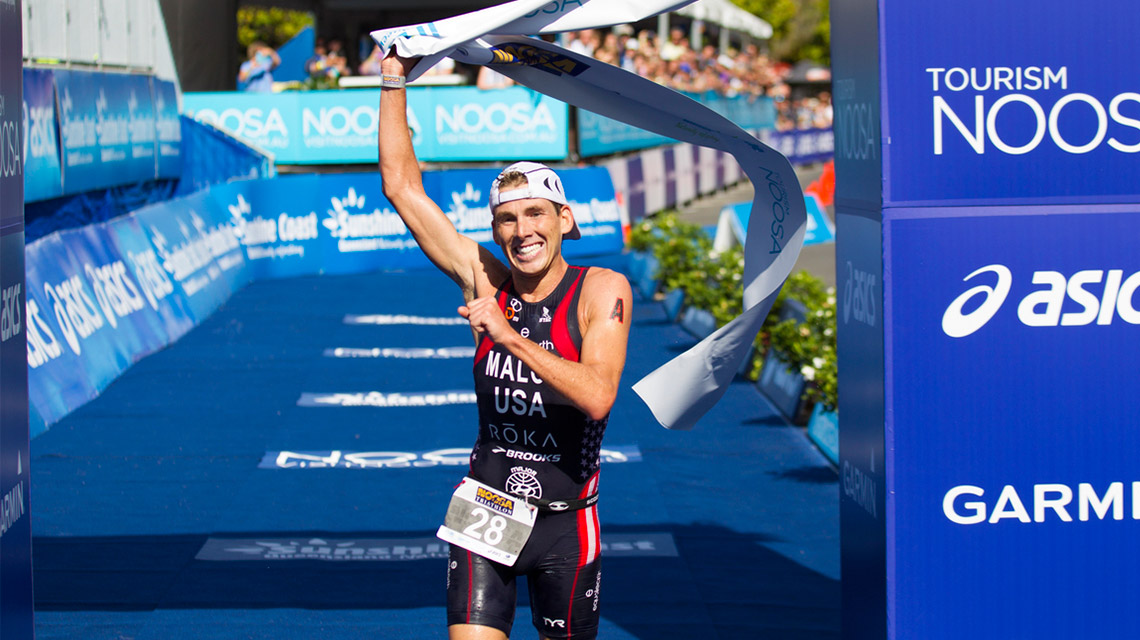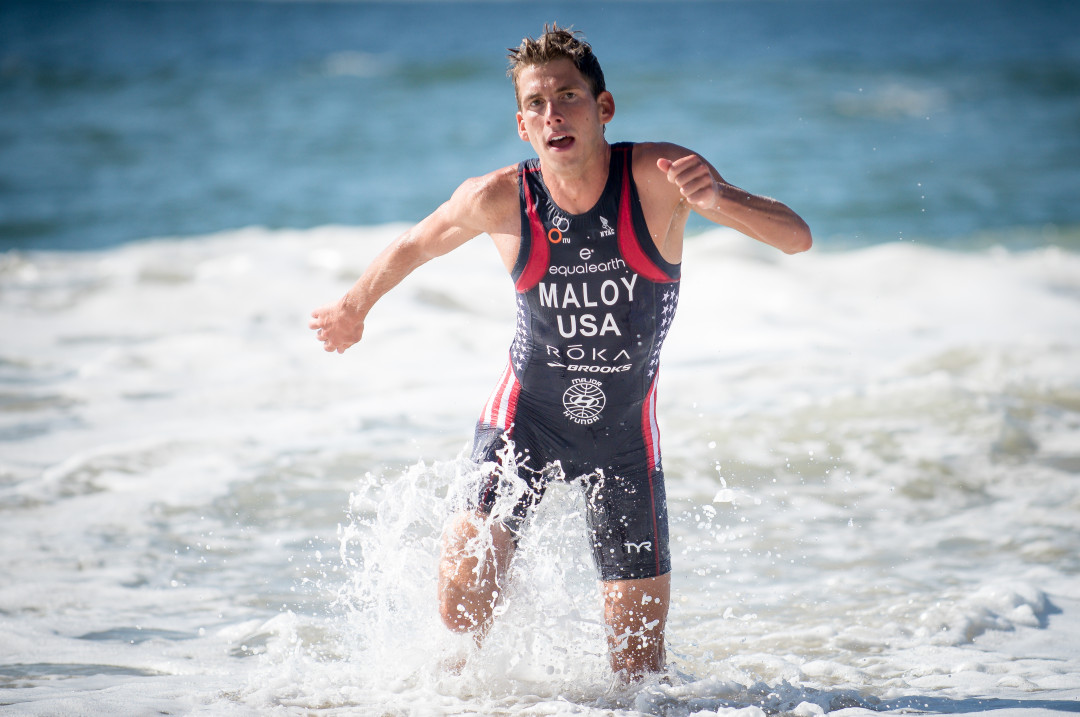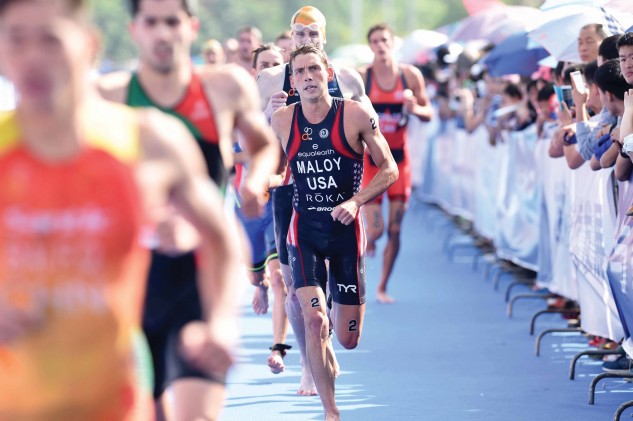Written by Stefanie Peterson
Rio-bound triathlete, Joe Maloy, shares his practical training philosophies in preparation for his Olympic competition. While Maloy’s training is serious as he readies himself for Rio, he still manages to keep it light and have fun doing what he does, competing as the top-ranked American triathlete.
What are you doing to prepare for the Olympics?
I don’t separate the mental training from the physical training. When you’re properly training, the two go hand-in-hand. Even though competing in the Olympics presents a bigger opportunity than any other race, my preparation needs to stay constant. I cannot be anything more than who I am, Joe Maloy. Leading into the Games, my preparation will continue to focus on the goal of being the best Joe Maloy that I can be.
What has been the best piece of training advice?
“Have fun.” The process of working towards any goal is critically important. If you’re not remembering to have fun along the way, then you ought to do something else.
What’s your favorite training gear?
I’m very careful about the tools I use during training. It’s important for training to be an expression of yourself in some unique way. Training tools should not dictate that action, but rather guide the expression in a more focused, deliberate way. I make all of my equipment choices based on this criteria.
That being said, my favorite training tool is a running stick. Oftentimes, I’ll pick up a fallen twig, snap it in half, and run with a twig in both hands. Having the light reminder in each hand is a good cue for me to think about my arm carriage…which is something I’ve been working on over the past few years. Plus, it’s kind of fun to spend the first few minutes of a run scanning for good sticks! I’m picky…no sap, nice and smooth, just the right width.
What’s the hardest training session you’ve logged to date?
I think training is hard (and effective) because it is repetitive. No one session is really all that key, but rather it’s the cumulative effect of weeks of training strung together.
Every January and February, my training group (The Triathlon Squad) does overgear bike exercises on Bandy Canyon (a quiet road just northeast of San Diego). Over and over, week after week, we’ll go up the hill a prescribed number of times. By the end of this training block, I’m usually toppling off my bike at the end of the reps.

Which of the three disciplines is your favorite?
I know I’m in the minority here, but I don’t think of triathlon as three disciplines; it’s one race. That mindset is the strength that I’m going to capitalize on in Rio. I’m not going to rely on strength or weakness in one discipline or another, but rather capitalize on the magic that happens when I string everything together over the course of an hour and 45 minutes.
How do you get motivated when you’re feeling unmotivated?
I accept that I’m not feeling very motivated and go from there! The key is not forcing an unwanted change in attitude, but rather acknowledging that attitude and going from there. If you’re not motivated to work towards your goals…why aren’t you? Do you need to change the goal? Do you need to change your methods? Do you just need another cup of coffee?
How does nutrition influence your success?
I used to think nutrition didn’t really mean a whole lot. I subscribed to the “If the furnace is hot enough, it’ll burn” nutrition plan. As I’ve grown in the sport, and some maturity has helped, I’ve come to look at food as medicine. It’s something we put in our bodies to achieve a desired affect.
After the Olympics, what are your next goals?
Let’s cross that bridge when we come to it.


